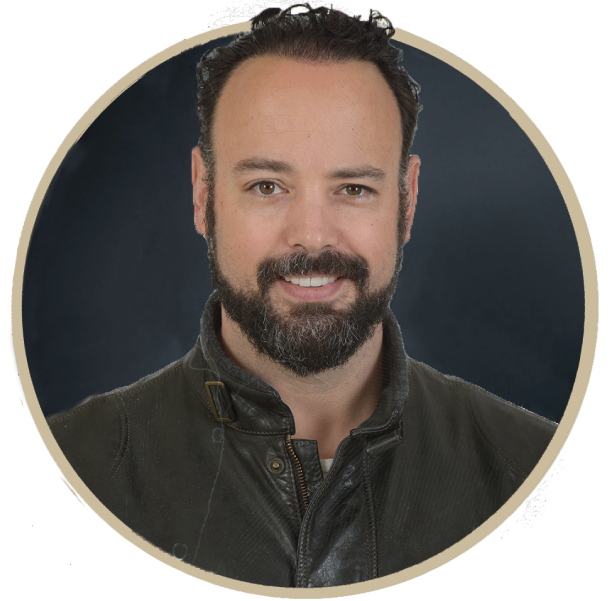Reimagining Plato: Bridging Classical Philosophy and Modern Science
An interview with Daniel Sanderson
Daniel Sanderson is a philosopher, author, and founder of planksip®, an intellectual platform that bridges classical philosophy with modern scientific thought. His work re-imagines Plato's ideas and integrates them with contemporary neuroscience and affect theory. Daniel's recent book, Re-Imagining Plato, explores the intersection of anthropology, philo…
Keep reading with a 7-day free trial
Subscribe to Plato's Academy Centre Newsletter to keep reading this post and get 7 days of free access to the full post archives.





